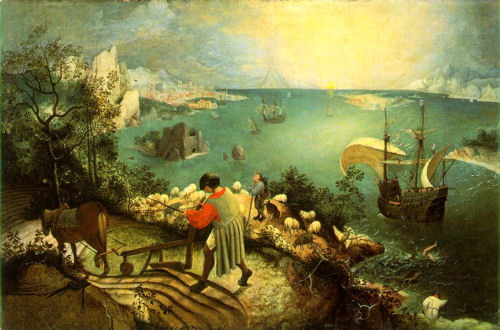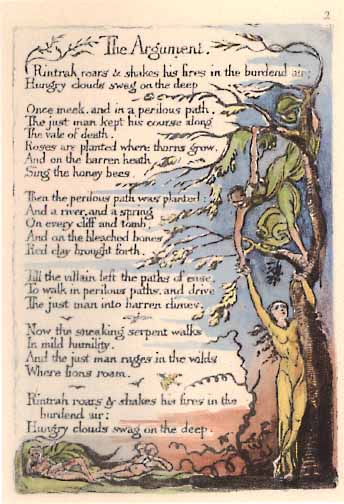The Map-Woman
A woman’s skin was a map of the town
where she’d grown from a child.
When she went out, she covered it up
with a dress, with a shawl, with a hat,
with mitts or a muff, with leggings, trousers
or jeans, with a an ankle-length cloak, hooded
and fingertip-sleeved. But – birthmark, tattoo –
the A-Z street-map grew, a precise second skin,
broad if she binged, thin when she slimmed,
a précis of where to end or go back or begin.
Over her breast was the heart of the town,
from the Market Square to the Picture House
by way of St Mary’s Church, a triangle
of alleys and streets and walks, her veins
like shadows below the lines of the map, the river
an artery snaking north to her neck. She knew
if you crossed the bridge at her nipple, took a left
and a right, you would come to the graves,
the grey-haired teachers of English and History,
the soldier boys, the Mayors and Councillors,
the beloved mothers and wives, the nuns and priests,
their bodies fading into the earth like old print
on a page. You could sit on a wooden bench
as a wedding pair ran, ringed, from the church,
confetti skittering over the marble stones,
the big bell hammering hail from the sky, and wonder
who you would marry and how and where and when
you would die: or find yourself in the coffee house
nearby, waiting for time to start, your tiny face
trapped in the window’s bottle-thick glass like a fly.
And who might you see, short-cutting through
the Grove to the Square – that line there, the edge
of a fingernail pressed on her flesh – in the rain,
leaving your empty cup, to hurry on after
calling their name? When she showered, the map
gleamed on her skin, blue-black ink from a nib.
She knew you could scoot down Greengate Street,
huddling close to the High House, the sensible shops,
the Swan Hotel, till you came to the Picture House,
sat in the musty dark watching the Beatles
run for a train or Dustin Hoffman screaming
Elaine! Elaine! Elaine! or the spacemen in 2001
floating to Strauss. She sponged, soaped, scrubbed;
the prison and hospital stamped on her back,
the park neat on her belly, her navel marking the spot
where the empty bandstand stood, the river again,
heading south, clear as an operation scar,
the war memorial facing the railway station
where trains sighed on the platforms, pining
for Glasgow, London, Liverpool. She knew
you could stand on the railway bridge, waving
goodbye to strangers who stared as you vanished
into the belching steam, tasting future time
on the tip of your tongue. She knew you could run
the back way home – there it was on her thigh –
taking the southern road then cutting off to the left,
the big houses anchored behind their calm green lawns,
the jewels of conkers falling down at your feet,
then duck and dive down Nelson and Churchill
and Kipling and Milton Way until you were home.
She didn’t live there now. She lived down south,
abroad, en route, up north, on a plane or train
or boat, on the road, in hotels, in the back of cabs,
on the phone; but the map was under her stockings,
under her gloves, under the soft silk scarf at her throat,
under her chiffon veil, a delicate braille. Her left knee
marked the grid of her own estate. When she knelt
she felt her father’s house pressing into the bone,
heard in her head the looped soundtrack of then –
a tennis ball repeatedly thumping a wall,
an ice-cream van crying and hurrying on, a snarl
of children’s shrieks from the overgrown land
where the houses ran out. The motorway groaned
just out of sight. She knew you could hitch
from Junction 13 and knew of a girl who had not
been seen since she did; had heard of a kid who’d run
across all six lanes for a dare before he was tossed
by a lorry into the air like a doll. But the motorway
was flowing away, was a roaring river of metal
and light, cheerio, au revoir, auf wiedersehen, ciao.
She stared in the mirror as she got dressed,
both arms raised over her head, the roads
for east and west running from shoulder
to wrist, the fuzz of woodland or countryside under
each arm. Only her face was clear, her fingers
smoothing in cream, her baby-blue eyes unsure
as they looked at themselves. But her body was certain,
an inch to the mile, knew every nook and cranny,
cul-de-sac, stile, back road, high road, low road,
one-way street of her past. There it all was, back
to front in the glass. She piled on linen, satin, silk,
leather, wool, perfume and mousse and went out.
She got in a limousine. The map perspired
under her clothes. She took a plane. The map seethed
on her flesh. She spoke in a foreign tongue.
The map translated everything back to herself.
She turned out the light and a lover’s hands
caressed the map in the dark from north to south,
lost tourists wandering here and there, all fingers
and thumbs, as their map flapped in the breeze.
So one day, wondering where to go next,
she went back, drove a car for a night and a day,
till the town appeared on her left, the stale cake
of the castle crumbled up on the hill; and she hired
a room with a view and soaked in the bath.
When it grew dark, she went out, thinking
she knew the place like the back of her hand,
but something was wrong. She got lost in arcades,
in streets with new names, in precincts
and walkways, and found that what was familiar
was only façade. Back in her hotel room, she stripped
and lay on the bed. As she slept, her skin sloughed
like a snake’s, the skin of her legs like stockings, silvery,
sheer, like the long gloves of the skin of her arms,
the papery camisole from her chest a perfect match
for the tissuey socks of the skin of her feet. Her sleep
peeled her, lifted a honeymoon thong from her groin,
a delicate bra of skin from her breasts, and all of it
patterned A to Z; a small cross where her parents’ skulls
grinned at the dark. Her new skin showed barely a mark.
She woke and spread out the map on the floor. What
was she looking for? Her skin was her own small ghost,
a shroud to be dead in, a newspaper for old news
to be read in, gift-wrapping, litter, a suicide letter.
She left it there, dressed, checked out, got in the car.
As she drove, the town in the morning sun glittered
behind her. She ate up the miles. Her skin itched,
like a rash, like a slow burn, felt stretched, as though
it belonged to somebody else. Deep in the bone
old streets tunneled and burrowed, hunting for home.
p. 2002
CAROL ANN DUFFY


